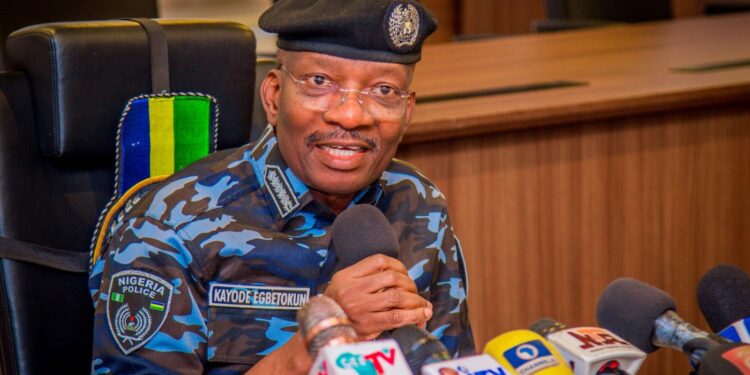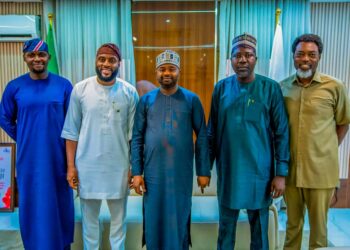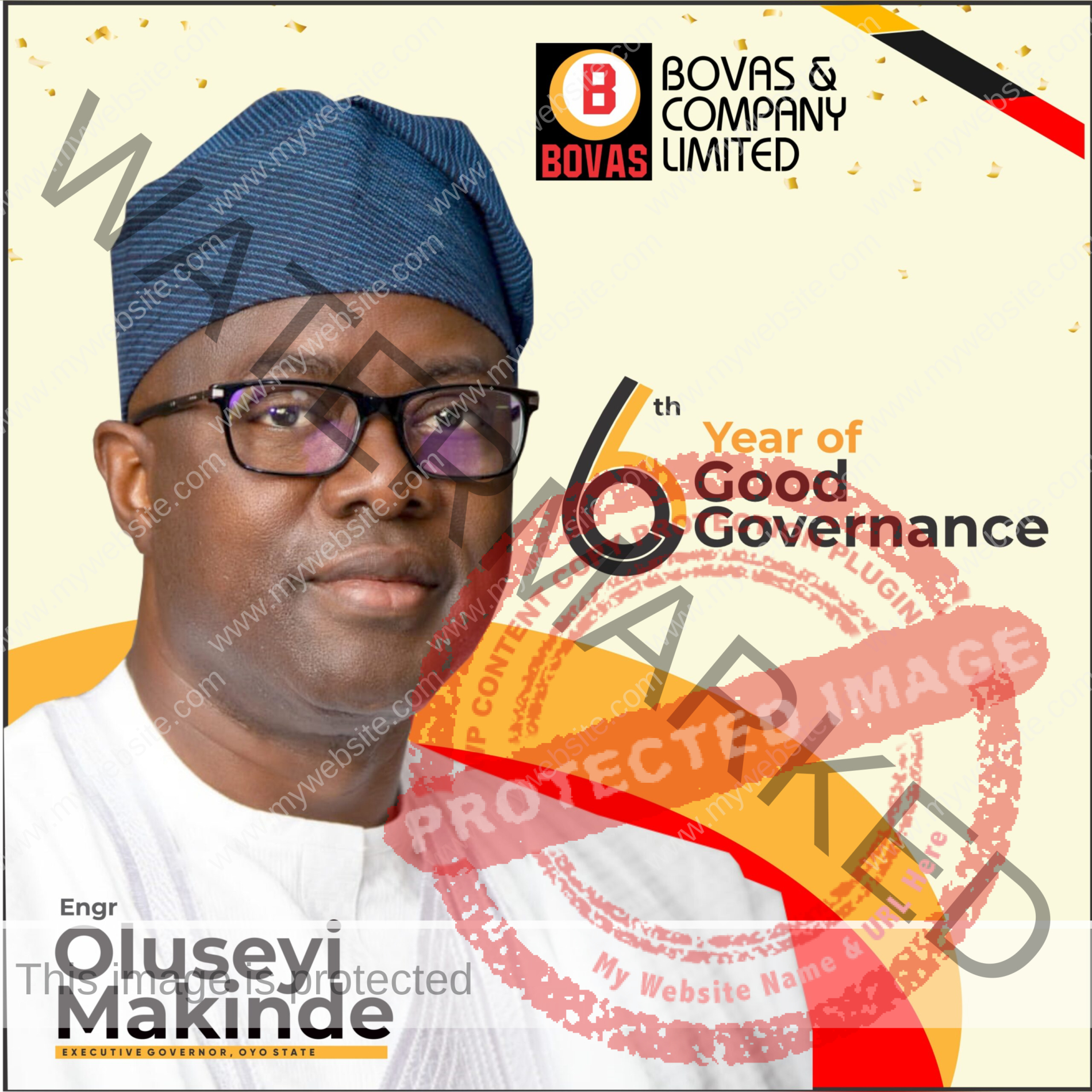
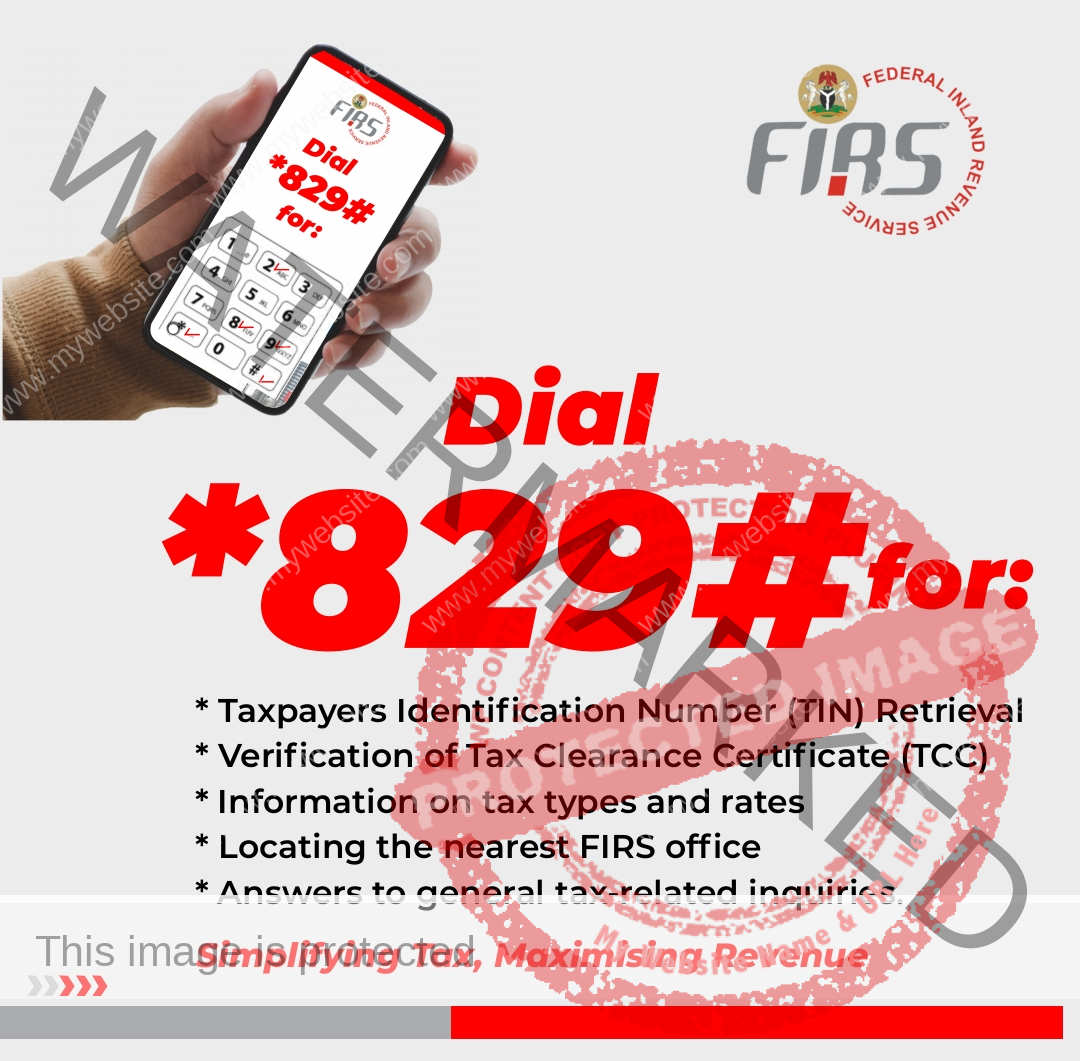
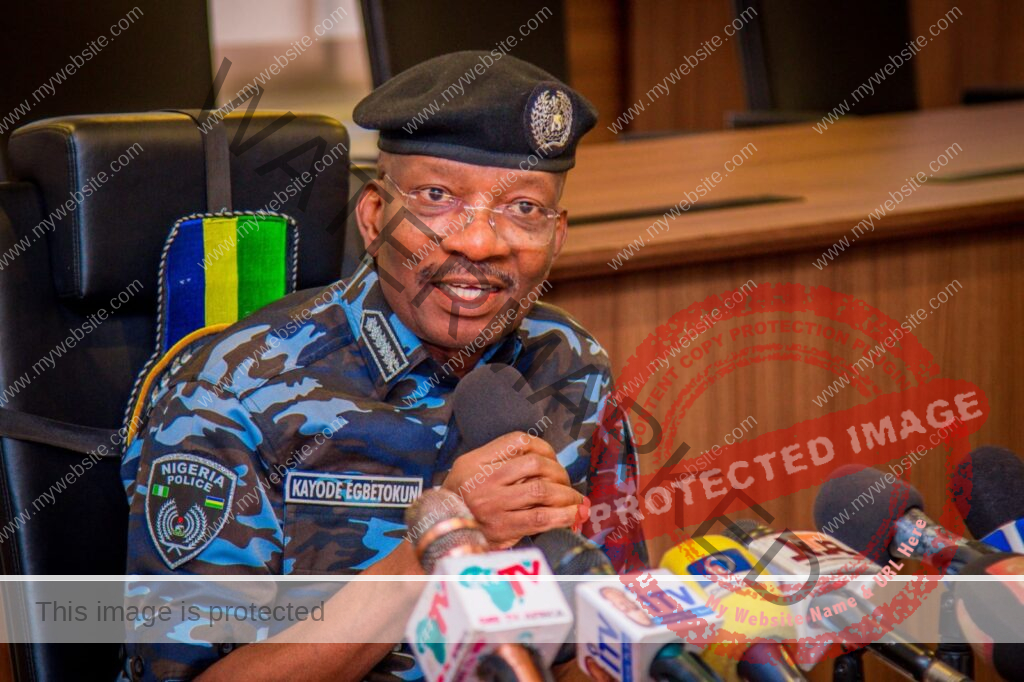
The Inspector General of Police, Kayode Egbetokun, has described policing in Nigeria as a complex and multifaceted profession, where officers can receive both prayers and curses, depending on their conduct. Speaking to senior officers in a video obtained by SaharaReporters, Egbetokun emphasized the importance of remaining committed to doing the right thing, despite criticism and condemnation.
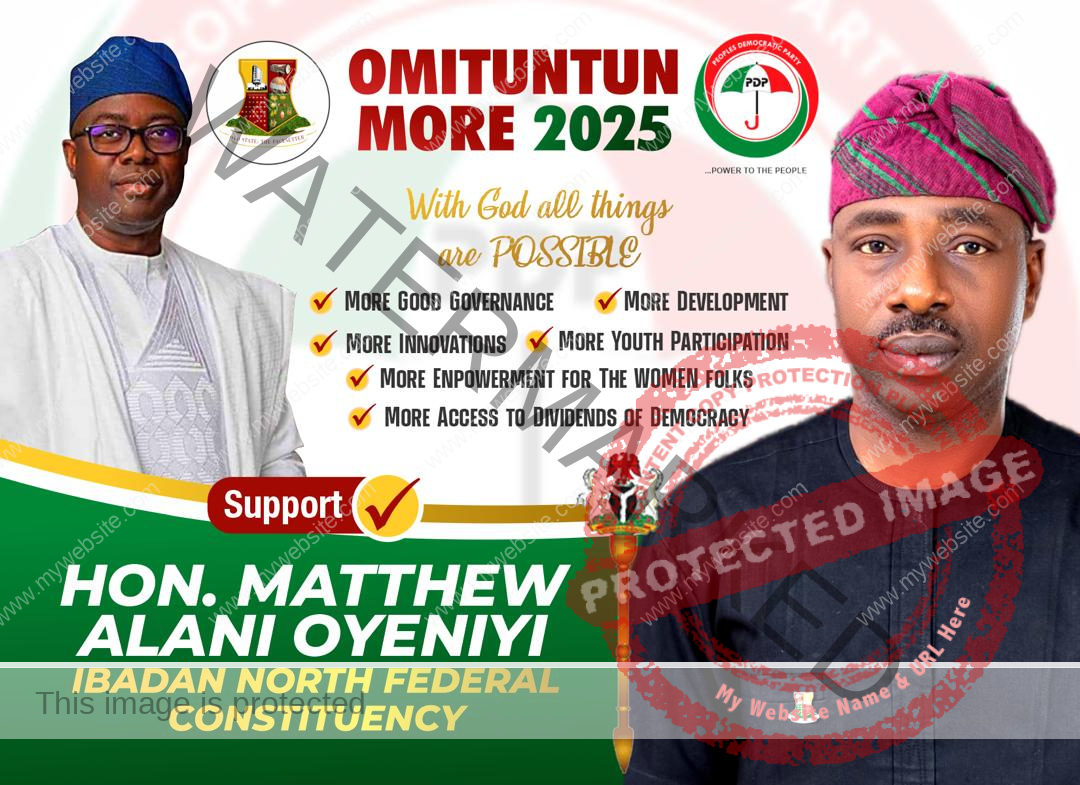
Egbetokun’s remarks come at a time when his own tenure as Inspector General is under scrutiny. A lawyer has written to President Bola Tinubu, questioning whether Egbetokun should still be serving as Inspector General, given that he has reached the mandatory retirement age of 60 and completed 35 years of service in the Nigeria Police.
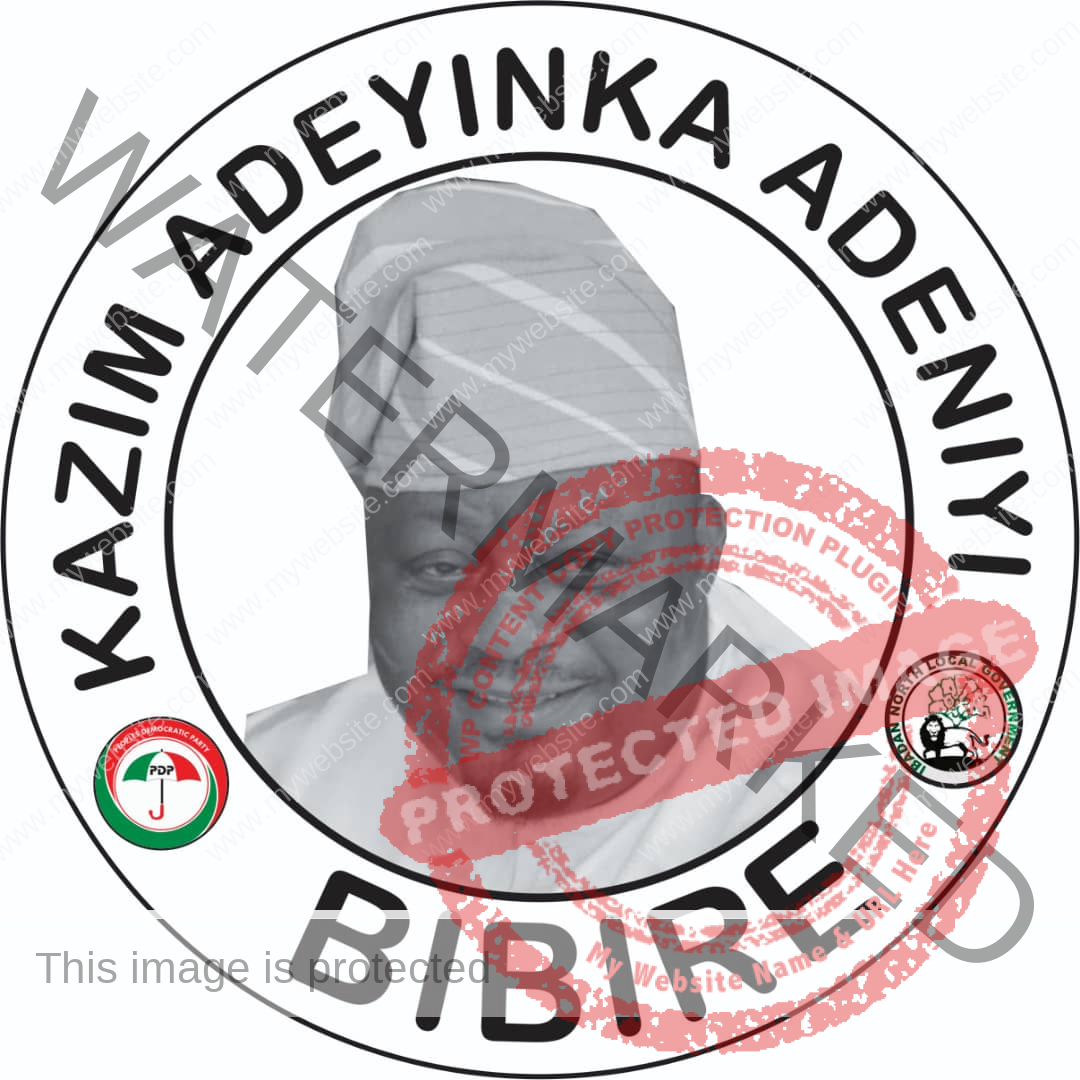
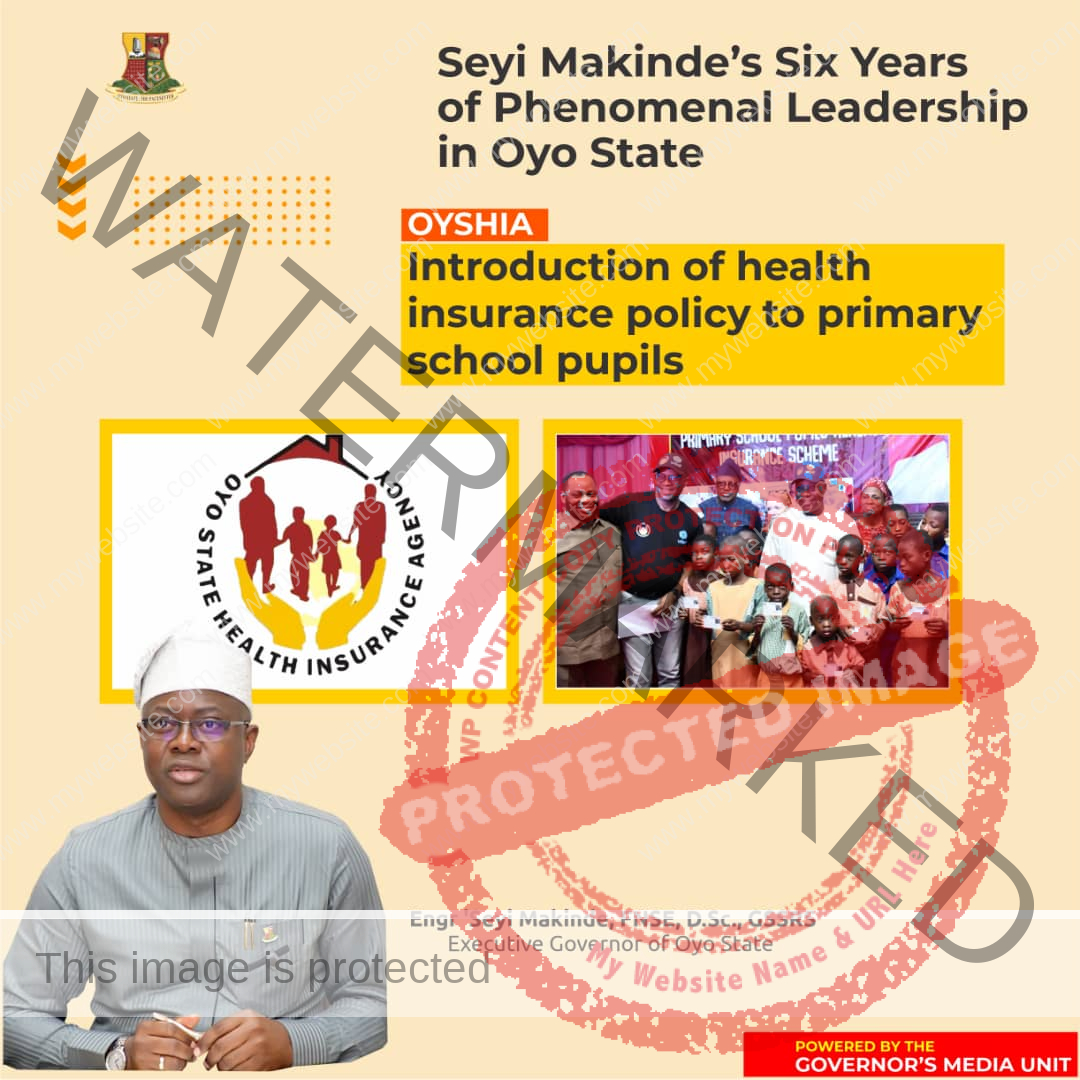
The Nigerian police have faced criticism for actions perceived as suppressing dissent and infringing on freedom of speech. In August 2024, during the #EndBadGovernance protests, authorities arrested 124 individuals, including minors, and charged some with treason. Human Rights Watch condemned these charges, emphasizing the government’s intolerance of dissent.
Amnesty International reported that during the August 2024 protests, Nigerian police used excessive force, including live ammunition, resulting in at least 24 deaths. The organization called for transparent investigations into these actions.
In January 2025, activist and publisher of SaharaReporters Omoyele Sowore was arrested and charged under the Cybercrime (Prohibition, Prevention, etc) Act for referring to the Inspector General as “illegal IGP” on social media. The Policy and Legal Advocacy Centre (PLAC) criticized this as a misuse of the Act to suppress freedom of expression.
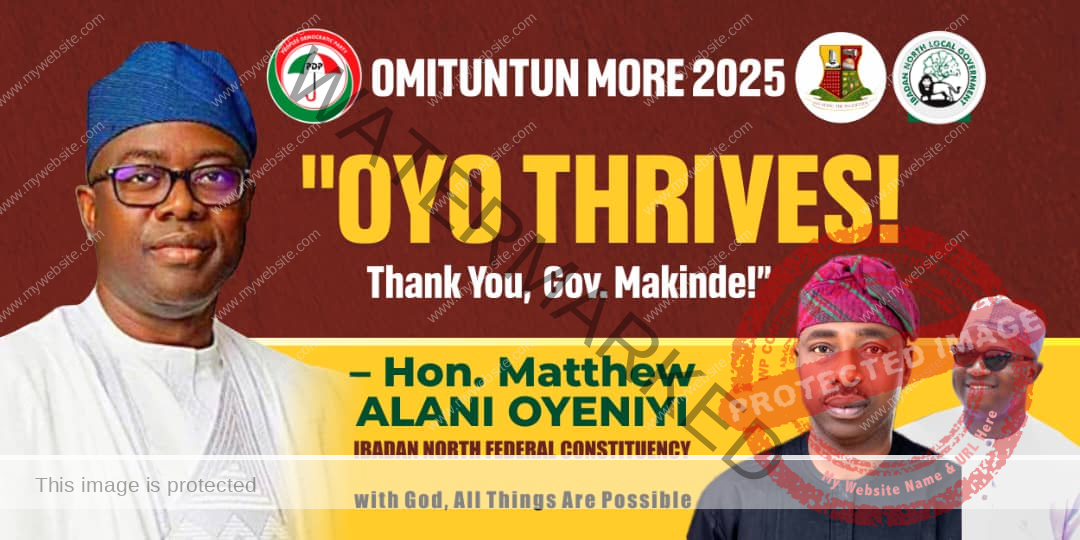
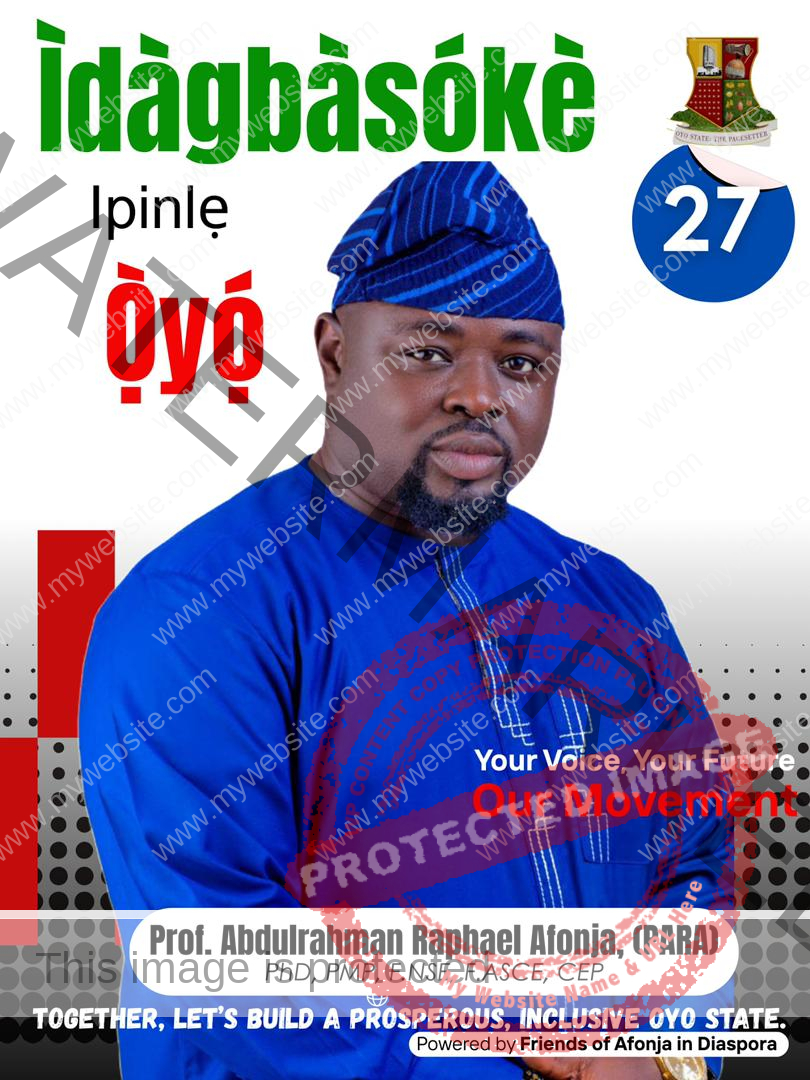
These incidents reflect a broader pattern of the Nigerian police under IG Egbetokun’s leadership engaging in actions that have raised significant concerns regarding the suppression of dissent and the infringement of citizens’ rights to free expression.
The Inspector General’s comments on policing in Nigeria highlight the delicate balance of power and accountability that officers must navigate. While Egbetokun emphasizes the importance of doing the right thing, his own tenure and the actions of the Nigerian police under his leadership have raised questions about accountability and the protection of citizens’ rights.
As the Nigerian police continue to face criticism and scrutiny, it is essential to address these concerns and work towards creating a more accountable and transparent policing system. This requires a commitment to upholding the rights of citizens, protecting freedom of expression, and ensuring that those in power are held accountable for their actions.
The Nigerian government must take steps to address the concerns raised by human rights organizations and citizens. This includes conducting transparent investigations into allegations of police brutality and misconduct, holding officers accountable for their actions, and working to create a more inclusive and accountable policing system.
Ultimately, policing in Nigeria requires a delicate balance of power and accountability. As the Inspector General emphasized, officers must remain committed to doing the right thing, even in the face of criticism and condemnation. However, this commitment must be matched by a corresponding commitment to accountability and transparency, ensuring that the rights of citizens are protected and that those in power are held accountable for their actions.
In conclusion, the Inspector General’s comments on policing in Nigeria highlight the complex and multifaceted nature of the profession. While officers must navigate a delicate balance of power and accountability, the Nigerian government must take steps to address concerns around police brutality, misconduct, and accountability.
The future of policing in Nigeria depends on creating a more accountable and transparent system, one that upholds the rights of citizens and ensures that those in power are held accountable for their actions. Only through this commitment to accountability and transparency can the Nigerian police truly serve the people and uphold the principles of justice and equality.
As the Nigerian police continue to evolve and grow, it is essential to prioritize accountability, transparency, and the protection of citizens’ rights. By doing so, the police can build trust with the community, ensure that justice is served, and create a safer and more just society for all Nigerians.
The Inspector General’s comments serve as a reminder that policing is a complex and multifaceted profession, one that requires a delicate balance of power and accountability. As the Nigerian police move forward, it is essential to prioritize this balance, ensuring that officers are held accountable for their actions and that the rights of citizens are protected.
In the end, the success of the Nigerian police depends on creating a culture of accountability, transparency, and respect for human rights. By prioritizing these values, the police can build trust with the community, ensure that justice is served, and create a safer and more just society for all Nigerians.
The Nigerian government must take a proactive role in promoting accountability and transparency within the police force. This includes providing training and resources to officers, conducting regular audits and investigations, and ensuring that those who violate human rights are held accountable.
By working together, the Nigerian government, the police, and civil society can create a more just and equitable society, one where the rights of citizens are respected and protected.
In the words of the Inspector General, policing in Nigeria is a job that can attract both prayers and curses. As the Nigerian police continue to navigate the complexities of their profession, it is essential that they prioritize accountability, transparency, and respect for human rights.
The Inspector General’s comments serve as a reminder that policing is not just about enforcing laws and maintaining order, but also about serving and protecting the community. By recognizing the delicate balance of power and accountability that officers must navigate, the Nigerian police can work towards creating a more just and equitable society.
As the Nigerian police move forward, it is essential that they prioritize building trust with the community. This can be achieved through transparency, accountability, and a commitment to upholding human rights.
The Nigerian government must also play a critical role in promoting accountability and transparency within the police force. This includes providing training and resources to officers, conducting regular audits and investigations, and ensuring that those who violate human rights are held accountable.
By working together, the Nigerian government, the police, and civil society can create a more just and equitable society, one where the rights of citizens are respected and protected.
In conclusion, the Inspector General’s comments on policing in Nigeria highlight the complexities and challenges of the profession. However, by prioritizing accountability, transparency, and respect for human rights, the Nigerian police can work towards creating a more just and equitable society.
The future of policing in Nigeria depends on creating a culture of accountability, transparency, and respect for human rights. By working together, we can build a safer and more just society for all Nigerians.
Ultimately, policing in Nigeria requires a delicate balance of power and accountability. As the Inspector General emphasized, officers must remain committed to doing the right thing, even in the face of criticism and condemnation. However, this commitment must be matched by a corresponding commitment to accountability and transparency, ensuring that the rights of citizens are protected and that those in power are held accountable for their actions.
As we move forward, it is essential that we prioritize building trust between the police and the community. This can be achieved through transparency, accountability, and a commitment to upholding human rights.
The Nigerian police have a critical role to play in creating a more just and equitable society. By prioritizing accountability, transparency, and respect for human rights, they can work towards building a safer and more just society for all Nigerians.
In the end, the success of the Nigerian police depends on creating a culture of accountability, transparency, and respect for human rights. By working together, we can build a brighter future for Nigeria, one where the rights of citizens are respected and protected.

